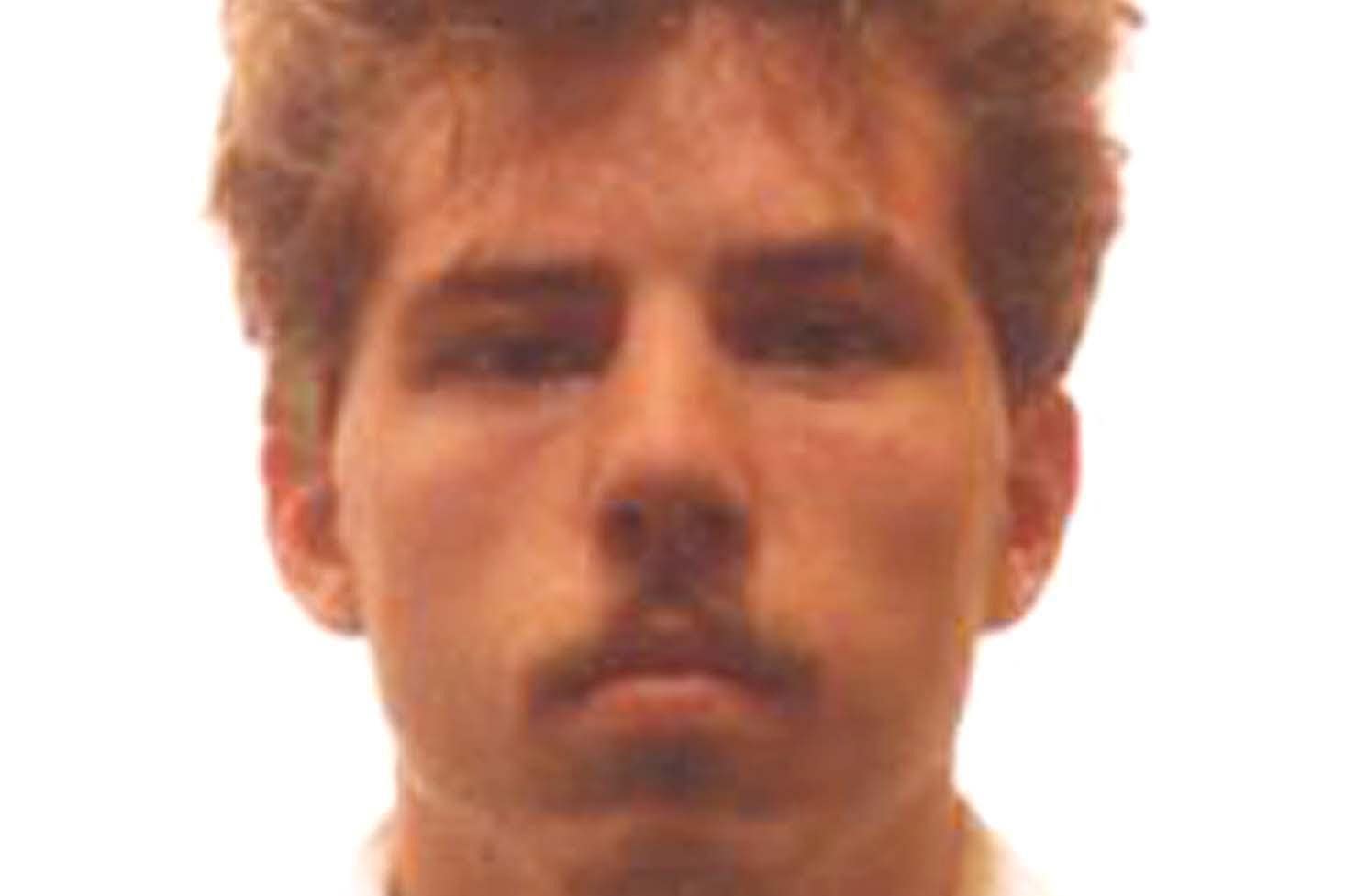Murderer whose conviction made legal history to have parole hearing in public
William Dunlop was brought to justice after his victim’s mother campaigned for more than a decade to get the double jeopardy law changed.

Your support helps us to tell the story
From reproductive rights to climate change to Big Tech, The Independent is on the ground when the story is developing. Whether it's investigating the financials of Elon Musk's pro-Trump PAC or producing our latest documentary, 'The A Word', which shines a light on the American women fighting for reproductive rights, we know how important it is to parse out the facts from the messaging.
At such a critical moment in US history, we need reporters on the ground. Your donation allows us to keep sending journalists to speak to both sides of the story.
The Independent is trusted by Americans across the entire political spectrum. And unlike many other quality news outlets, we choose not to lock Americans out of our reporting and analysis with paywalls. We believe quality journalism should be available to everyone, paid for by those who can afford it.
Your support makes all the difference.A murderer who was brought to justice after his victim’s mother campaigned for a key change in the double jeopardy law is to have his parole hearing in public.
William Dunlop, now 60, strangled pizza delivery woman Julie Hogg in Billingham, County Durham, in 1989, and hid her mutilated body behind a bath panel where it lay undiscovered for more than two months.
The killer subjected the 22-year-old, who had a three-year-old son, to a violent sexual assault after she rejected him, in what prosecutors called a “premeditated and truly horrendous” attack.
He was tried twice for the murder but both juries failed to reach a verdict.
Three years later, while in jail for another crime, Dunlop confessed and admitted lying in court, boasting there was nothing anyone could do about it because of the double jeopardy rule in place at the time.
Miss Hogg’s mother, Ann Ming, campaigned for 15 years to get the 800-year-old law changed so that he could be charged with the same crime twice, and in 2006 he became the first person to be tried under the new rules.
He was convicted of murder and jailed for life.
Chairwoman of the Parole Board for England and Wales Caroline Corby ruled that Dunlop’s parole hearing, on a date yet to be fixed, can be held in public, partly due to the unique legal background to the case.
She also considered the victims’ request for a public hearing, saying: “The victims feel that they have been let down in the past by the criminal justice system and they believe that a public hearing would be beneficial to them.
“The victims wish to attend a public hearing rather than a private hearing.
“Although the victims might have been given permission to attend a private hearing, their support for a public hearing is relevant and can also be taken into account.”
Last year the Justice Secretary blocked a bid to move Dunlop, known as Billy, to an open prison, in the interests of public protection, despite a parole panel recommending the plan.
Ms Corby said a public hearing would improve understanding of how these decisions are made.
In a separate case, double murderer Thomas Park, now 49, who killed his girlfriend and her young daughter in 1998, days after sexually assaulting the little girl, will also have his hearing in public.
Sharon Lester, 22, and two-year-old Jade were killed in Merseyside when Miss Lester had been seeing Park for only a few weeks.
He hid the young mother’s body in a cupboard under the stairs at her home, and left Jade’s on waste ground.
Ms Corby said the seriousness of the crime and the victims’ requests for a public hearing had been taken into account.
Both defendants had claimed they suffered stress at the prospect of a public hearing and feared for their safety.